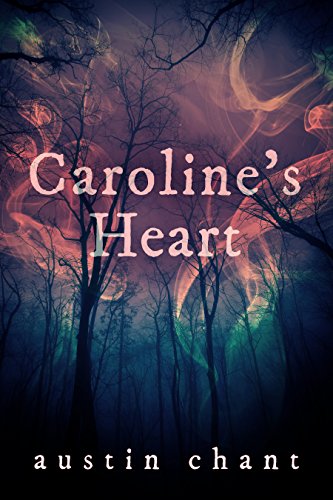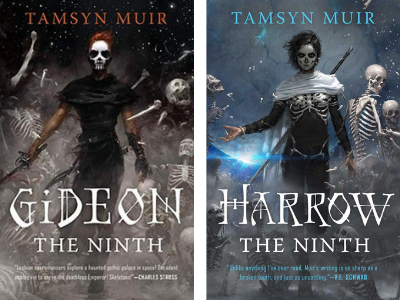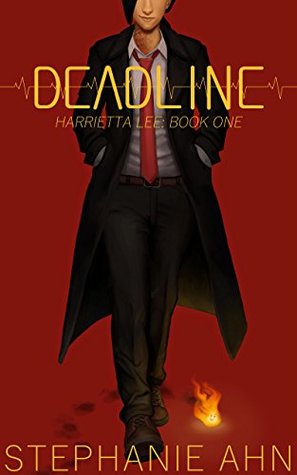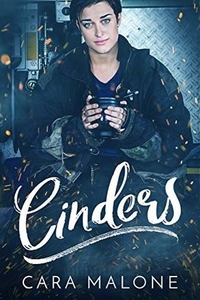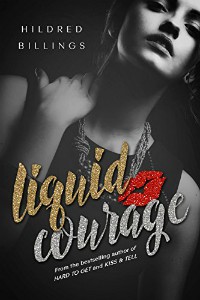Caroline’s Heart by Austin Chant I read Caroline’s Heart by Austin Chant for the first time this month and it blew my mind. It’s a queer trans historical western fantasy novella and it’s just so GOOD. I don’t read a lot of fantasy and I don’t read a lot of westerns, but I love aRead More
Sam reviews Gideon the Ninth & Harrow the Ninth by Tamsyn Muir
Amazon Affiliate Link | Bookshop.org Affiliate Link For Pride this month, I’m going to treat myself a little bit—I would like to talk about Gideon the Ninth and Harrow the Ninth, the first half of the Locked Tomb series by Tamsyn Muir (the half that’s been released, at time of writing). Now, if you likeRead More
Nat reviews Stud Like Her by Fiona Zedde
Amazon Affiliate Link | Bookshop.org Affiliate Link I actually read Stud Like Her for the first time as soon as it came out, and thought about reviewing it then, but then I thought *everyone* was going to be reviewing it because there are so few books about studs loving other studs. As I was rereadingRead More
Nat reviews D’Vaughn and Kris Plan a Wedding by Chencia C. Higgins
Amazon Affiliate Link | Bookshop.org Affiliate Link One of my favorite romance tropes is the fake relationship – I just can’t resist it. So there was little doubt that watching D’Vaughn and Kris plan a fake wedding would be absolutely delightful. The story is centered around a reality show called Instant I Do and toldRead More
Mo Springer reviews Deadline by Stephanie Ahn
Harrietta Lee, or Harry, is a witch excommunicated from the magical community due to a checkered past and a lot of baggage. Her main goal is to make rent on time with by using what magic she has left to help people. One of these people is Tristan, an apprentice of the famous Meresti family,Read More
The Life and Times of Butch Dykes by Eloisa Aquino
The Life and Times of Butch Dykes was originally a series of zines, now collected in a highly illustrated hardcover. I was on board from the title page, where the publisher says, “If you bought this on Amazon, I’m so sorry because you could have gotten it cheaper and supported a small, independent publisher atRead More
Mary reviews Cinders by Cara Malone
Since she first moved to Grimm Falls, Cyn Robinson has lived in the shadow of her stepmother’s disapproval, her stepbrother’s resentment, and her father’s inability to fully accept her mother’s death. She has also lived with the unrequited love for Grimms Falls royalty, Marigold Grimm. For a long time now, Mari has been trying toRead More
Anna Marie reviews Stone Butch Blues
Ever since I learnt about Stone Butch Blues by Leslie Feinberg I’ve wanted to read it, but I knew it would be an intense book to read with quite a lot of violence in it, so I waited till I thought I might be slightly more ready for it. The time to read it arrived since, lastRead More
Mary Springer reviews Desperate Times by Hildred Billing
This review contains spoilers. I will state when I am about to go into them, so if you want to read the first few paragraphs to get a general gist of the book, you can do so safely. Romances between two butch lesbians are hard to come by, so when I found this title IRead More
Mallory Lass reviews Liquid Courage by Hildred Billings
Liquid Courage is about two people coming together through a comedic course of events. It has been a long time since these leading ladies have had a steady relationship…but, have they found the one in each other? Vivian “Vivi” is a legal secretary who is recovering from a serious illness that has left her weakRead More
